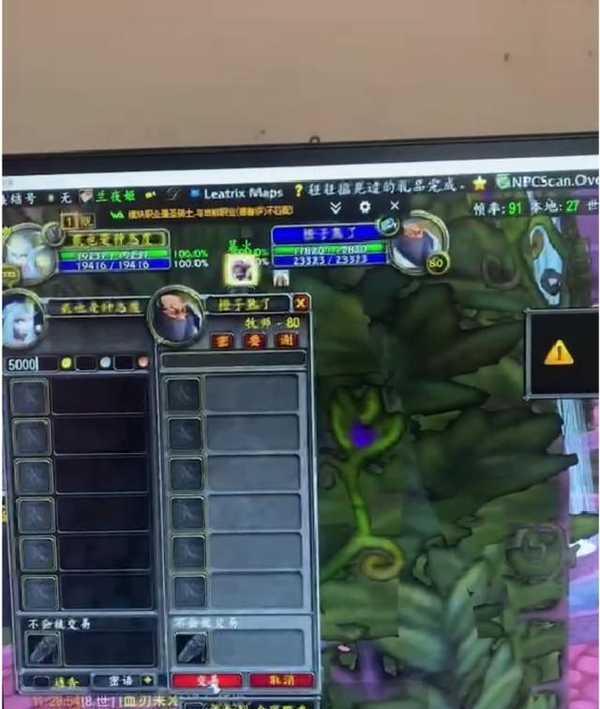Gaming Community Helps Farmer Sell Oranges
A Chinese farmer’s innovative approach of selling oranges through World of Warcraft’s in-game community helped him sell 6,000 jin (3,000 kg) of oranges in 24 days, highlighting how gaming platforms can create unexpected social commerce opportunities.

The intersection of gaming and commerce recently demonstrated its unique potential when a Chinese farmer from Zhijiang City in Hubei Province, China, successfully sold his entire orange harvest through an unexpected channel - the massively multiplayer online game World of Warcraft (WoW).
The story began when Mr. Chen, an 80s-born farmer and longtime WoW player since 2009, faced difficulties selling his oranges through traditional channels. Local fruit dealers were offering extremely low prices at around 1 yuan per jin (0.5 kg). Frustrated but creative, Chen turned to his gaming community for help, initially offering oranges to his in-game friends in exchange for virtual currency.
What started as a small-scale transaction among gaming friends quickly evolved into a community-wide phenomenon. Word spread beyond Chen’s immediate server, and players from other servers began reaching out. He established a price of 5,000 in-game gold per box (approximately 30 yuan for 4.5 kg), which was significantly more profitable than selling to fruit dealers while still offering players a good value.
The community’s response was remarkable. Players formed a “WoW Fruit Exchange Group” to facilitate transactions. A female WoW streamer known as “Orange Sister” discovered Chen’s story and shared it on social media, further amplifying the reach. The gaming community’s support wasn’t merely transactional - it represented a unique blend of social responsibility and community spirit.
By December 20th, Chen had sold over 6,000 jin of oranges, completely clearing his inventory. The success has inspired him to expand his initiative, now helping other local farmers sell their produce through the same channel. This has evolved into what he calls a “Help Farmers Project.”
This phenomenon reflects something deeper than mere commerce - it demonstrates the strength of gaming communities in creating meaningful social connections and support networks. The WoW community, predominantly composed of players in their 30s and 40s with stable incomes, showed how virtual spaces can facilitate real-world mutual aid.
The story, while heartwarming, also reveals the challenges in China’s agricultural distribution system that pushed a farmer to seek such unconventional sales channels. It raises important questions about the potential role of gaming platforms in social commerce and community building.
However, it’s worth noting that this success story, while inspiring, may not be easily replicable on a larger scale. The unique combination of factors - Chen’s long-standing presence in the game community, the tight-knit nature of WoW’s player base, and the novelty of the approach - contributed to its success in ways that might be difficult to systematically reproduce.